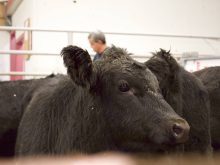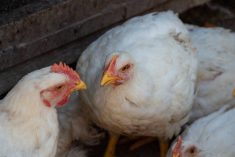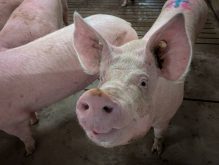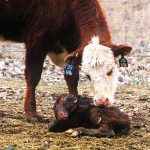Small-scale meat producers in British Columbia will get another $3.8 million in available funding to help with upgrades that comply with the province’s new meat inspection regulations and build the province’s slaughter capacity.
The new money is “over and above” $5 million put up in April 2006 through the province’s meat transition assistance program, Health Minister George Abbott said in a news release Thursday.
The new provincial meat inspection regulation was implemented provincewide on Sept. 30, 2007, “to ensure that all British Columbians have the protection afforded by food safety standards no matter where they live in the province.” It was meant to create “a meat inspection system that will help to rapidly identify, track and eliminate food-borne risks to consumers,” the province said Thursday.
Read Also
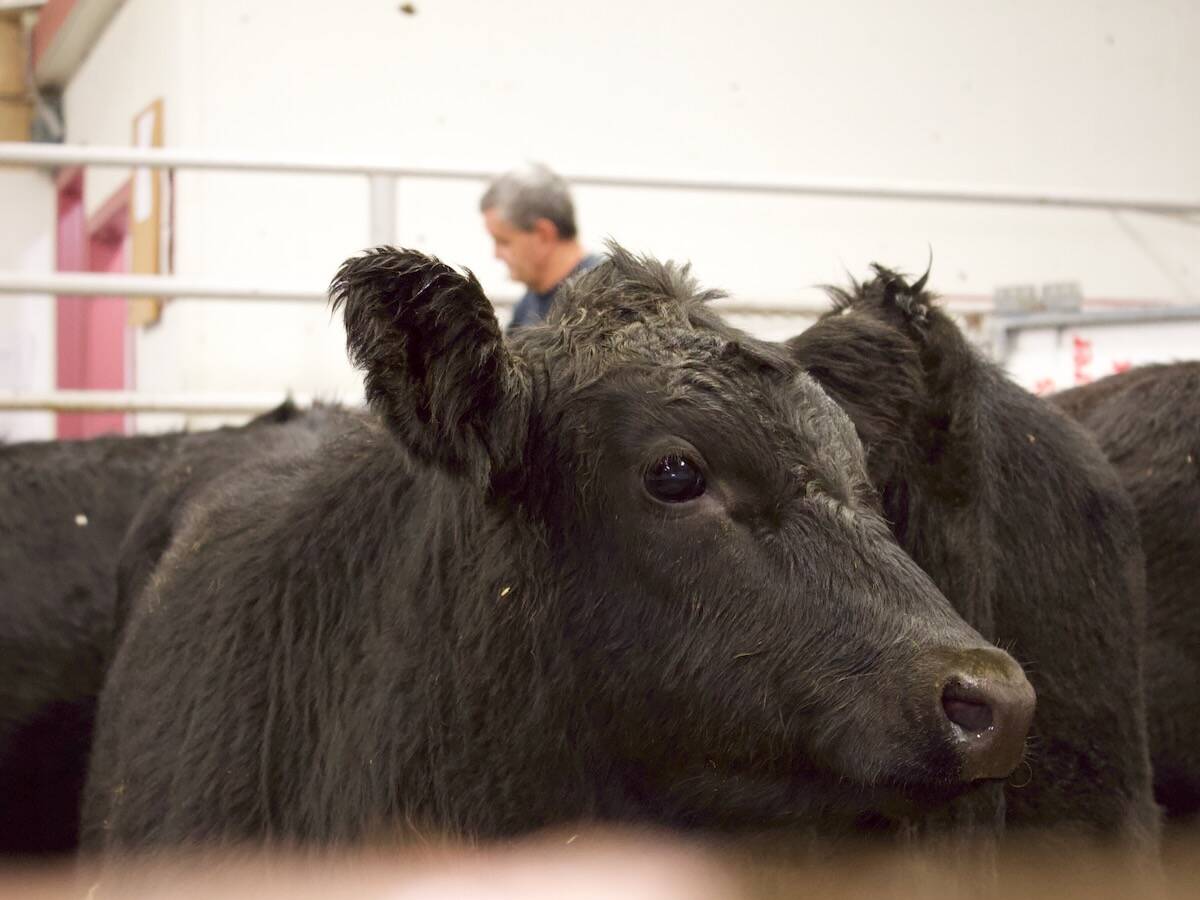
Cash incentive for CRSB Certified beef producers launched
The Canadian Roundtable for Sustainable Beef (CRSB) has launched an incentive payment for CRSB Certified producers.
“We have worked closely with small producers and processors in rural and remote areas to support the viability of local food production and recognize that some still don’t have ready access to small slaughter facilities,” Agriculture Minister Pat Bell said in the same release.
The number of provincially licensed slaughter plants has more than tripled between 2004 and 2007 and there are now 40 across the province — along with 13 federally registered slaughter plants serving the interprovincial and export markets. Among those 40, size varies, including some small-scale operations that may slaughter only a few times a year.
The province also has a category of “Class C” transitional licences for operators working towards obtaining full licences. In Class C, a processor’s meat is labelled as uninspected and restricted to direct farm gate sales only and not for resale to retailers or restaurants.
Since the mid-1960s, provincial licensing and inspection have been required just in parts of the province, including Vancouver, Victoria, Vernon, Abbotsford, the Sunshine Coast and the South Peace. Implementing the regulation provincewide ensures residents are protected under meat food safety standards, no matter where they live in B.C., the province said.




